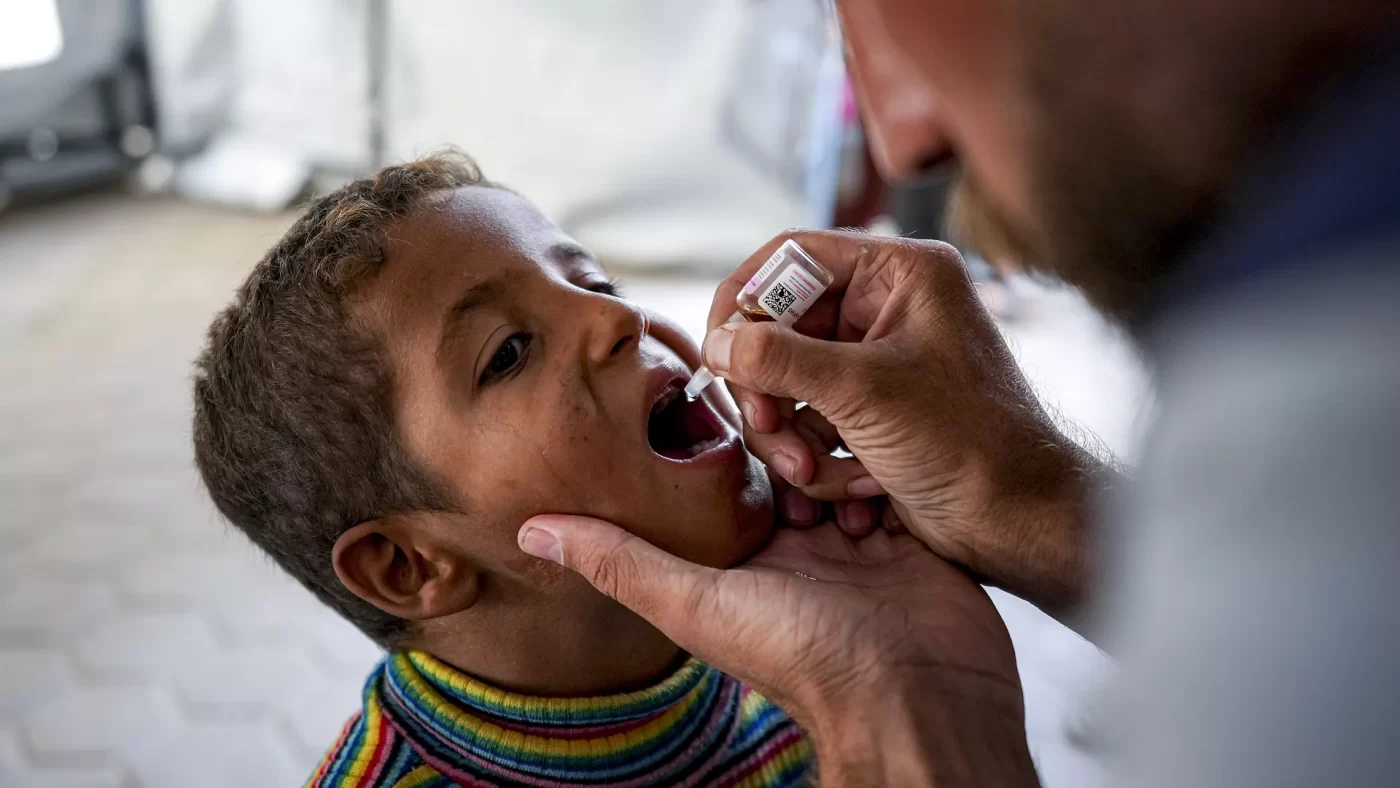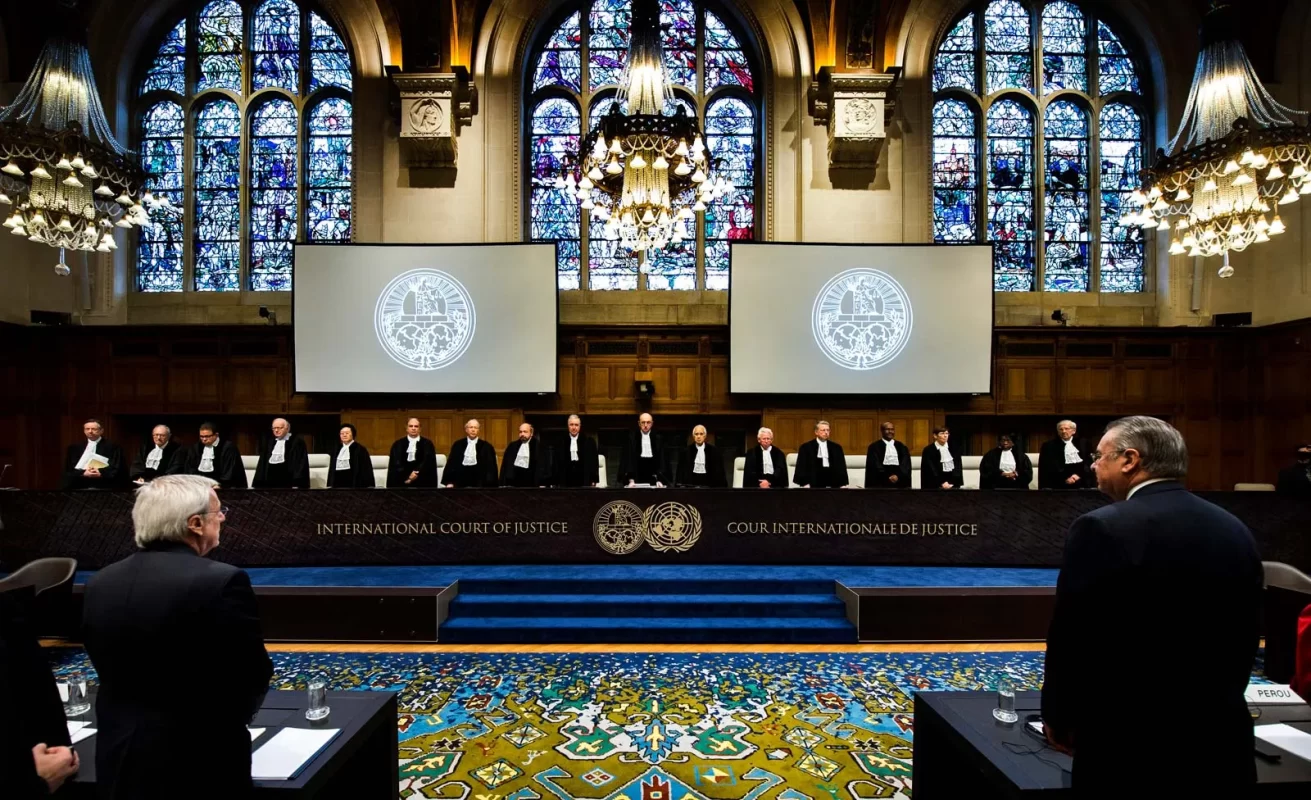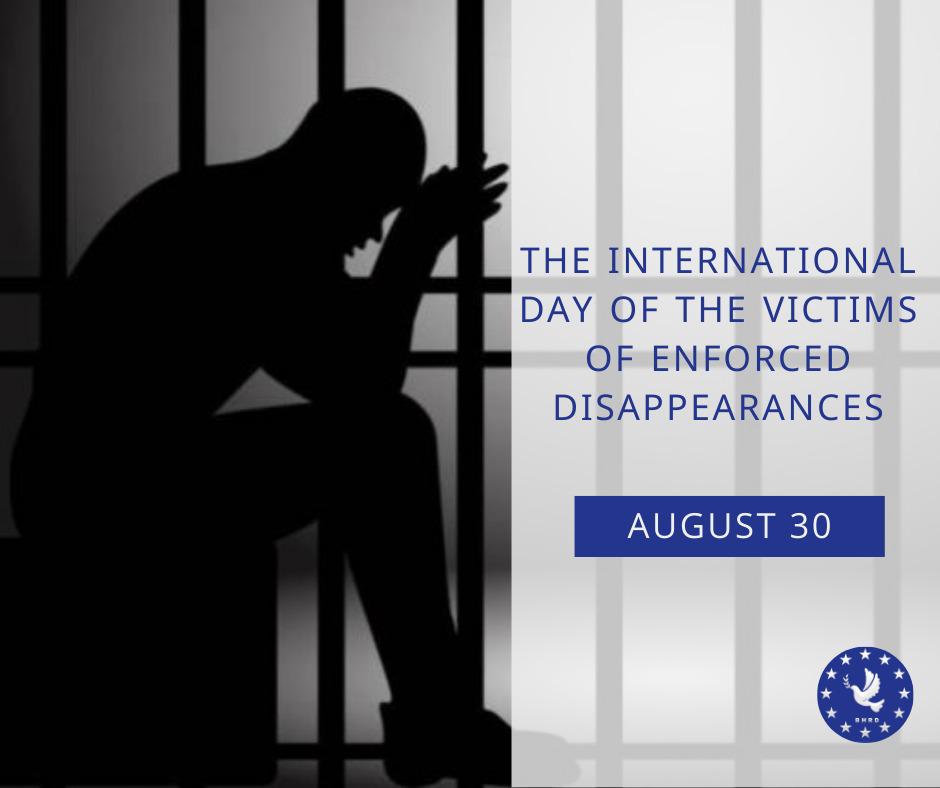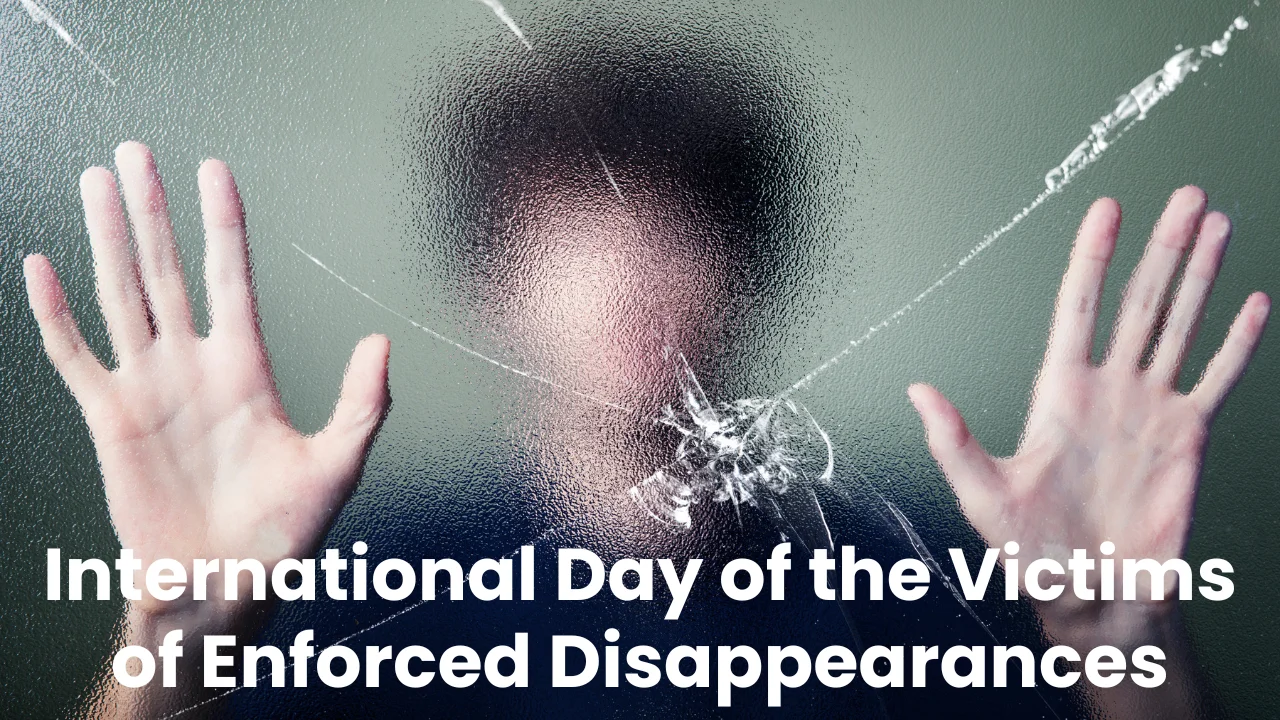On October 21, 2024, ongoing airstrikes across Lebanon continued to cause widespread destruction and displacement, affecting hundreds of civilians overnight. According to the UN Office for the Coordination of Humanitarian Affairs (OCHA), these attacks have overwhelmed the country’s capacity to shelter the growing number of displaced families. Most of the displacement has been concentrated in Beirut and the Mount Lebanon Governorate, where shelter facilities are reaching their limits.
UN Deputy Spokesperson, Farhan Haq, highlighted that nearly 1,100 collective shelters have opened across Lebanon, hosting around 192,000 displaced individuals. However, with over 900 of these shelters already at full capacity, the situation is becoming increasingly dire. Late on Sunday, displacement orders were issued following airstrikes targeting a social finance network linked to Hezbollah. This further exacerbated the already critical humanitarian situation.
Destruction of Vital Humanitarian Facilities
The airstrikes have not only displaced civilians but also destroyed essential humanitarian infrastructure. One of the most severe incidents occurred in Beirut’s southern suburbs, where a UNFPA-supported safe space for women and girls was destroyed, along with a primary healthcare center. This facility had provided critical services, including counseling, legal aid, and support for survivors of gender-based violence in one of the most vulnerable communities in Beirut.
In addition to this destruction, insecurity has forced the closure of 10 other UNFPA-supported facilities across Beirut, Bekaa, and Mount Lebanon. These include primary healthcare sites, safe spaces for vulnerable populations, and mobile maternity units that serve some of the most at-risk groups.
Ongoing Humanitarian Aid Efforts
Despite the escalating violence and widespread destruction, humanitarian efforts continue across Lebanon. On Monday, a six-truck convoy supported by UNICEF, the World Food Programme (WFP), and OCHA successfully delivered essential supplies to Jaboule in Baalbek Governorate. This was the first such delivery since September, bringing enough food to sustain 1,000 people for two months, along with five days’ worth of ready-to-eat meals.
Additionally, UNICEF provided crucial non-food items such as water bottles, mattresses, blankets, and hygiene kits to support three shelters in Jaboule town. This aid is essential in helping displaced families survive under increasingly challenging conditions.
Urgent Call for Health Support
At the same briefing, Mr. Haq reported that health authorities in Baalbek and Bekaa governorates have issued an urgent appeal for assistance to strengthen health infrastructure in hard-to-reach areas. These regions are struggling to cope with the escalating number of casualties and displaced individuals, and additional medical resources are urgently needed to support ongoing relief efforts.
Widespread Regional Impact
The conflict’s devastating impact is not limited to Lebanon. According to the UN International Organization for Migration (IOM), over 800,000 people have been internally displaced within the country, putting immense pressure on local resources. Additionally, more than 420,000 people have fled across the border into Syria, seeking refuge from the violence. Of these, nearly 17,000 have continued their journey into Iraq, where they hope to find safety and shelter.
This ongoing crisis highlights the urgent need for international support and intervention, as Lebanon’s already strained infrastructure struggles to cope with the escalating humanitarian disaster.
Source: UN Office for the Coordination of Humanitarian Affairs (OCHA)


 العربية
العربية








